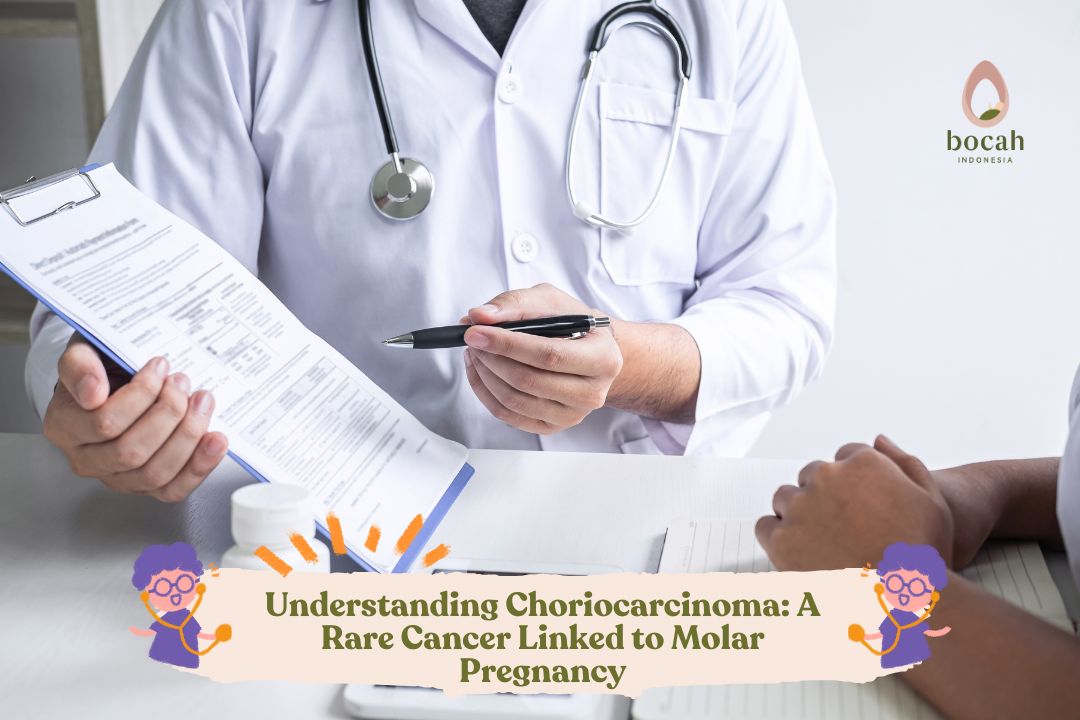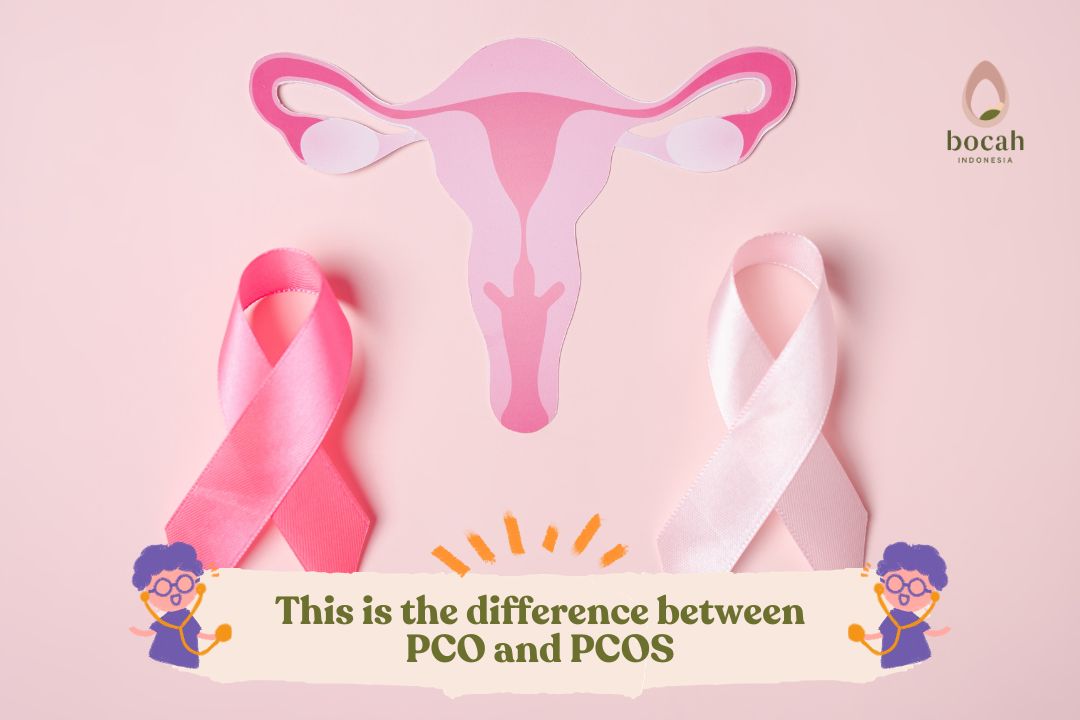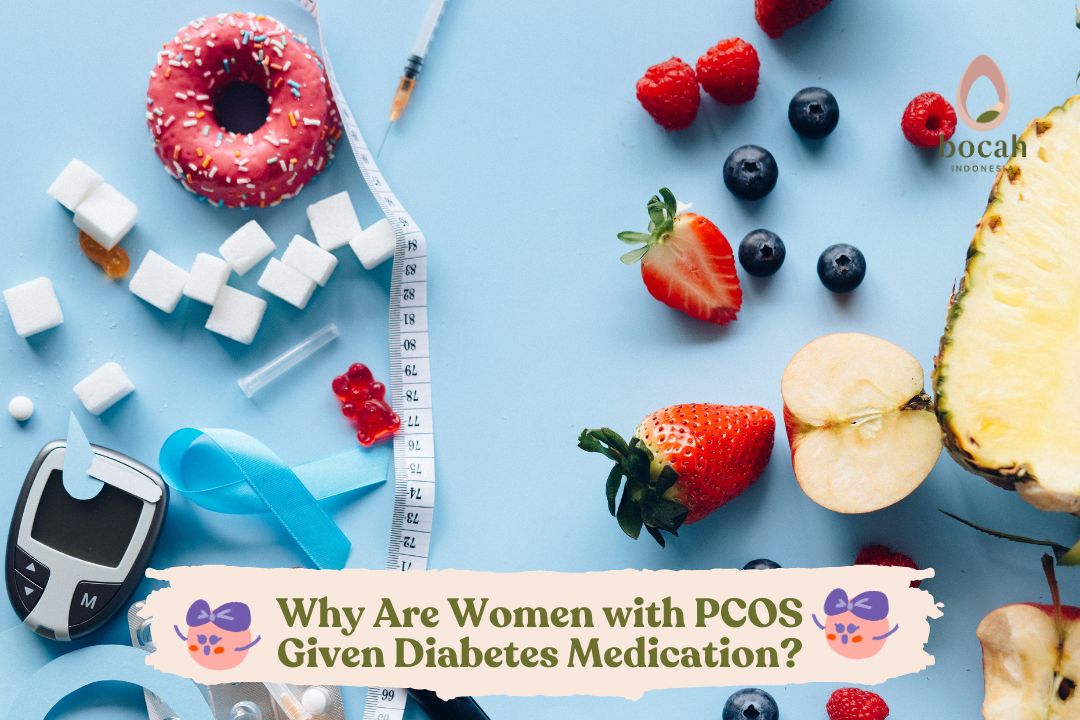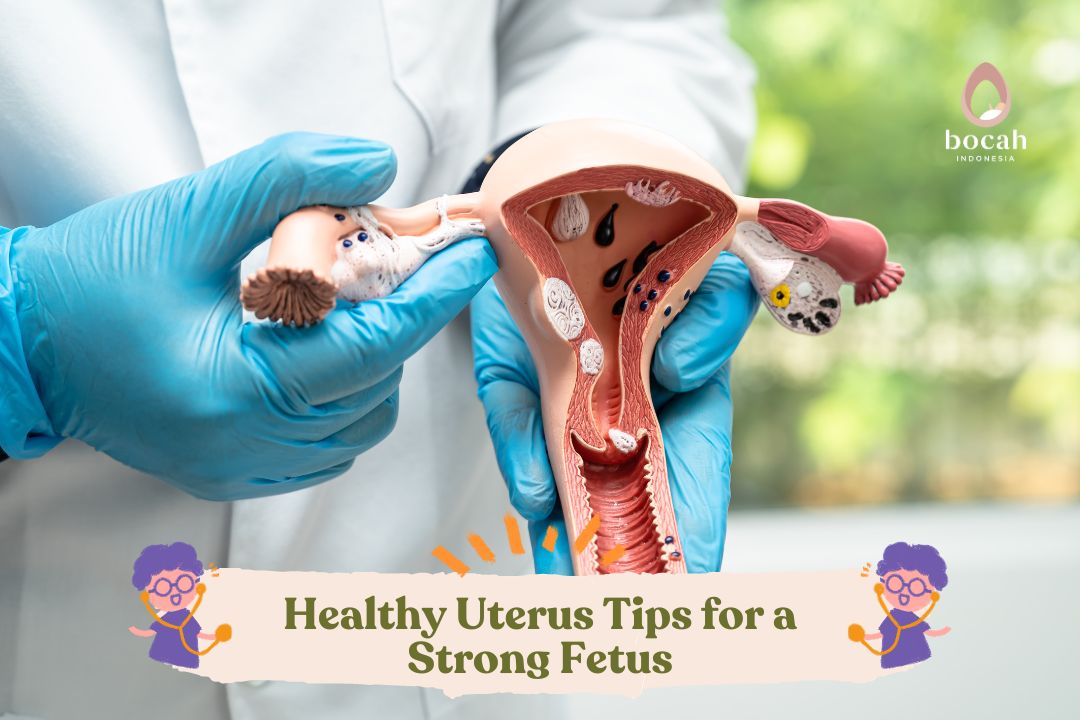Tips for Successful Pregnancy for PCOS Patients

Women with PCOS still have a chance of pregnancy, addressed through various methods.
Polycystic Ovary Syndrome (PCOS) is a hormonal disorder that women experience during their reproductive years. This condition is characterized by irregular menstrual cycles, excessive hair growth in certain areas, and the occurrence of acne.
Generally, women with PCOS may face infertility issues. If this condition occurs, it means that women with PCOS may find it challenging to achieve a pregnancy. However, it doesn’t mean that women with PCOS cannot have children; it just requires more effort compared to women in general.
Chances of Pregnancy for PCOS Patients
Women with PCOS have larger-than-normal ovaries. This is because there are small cysts that contain immature eggs. This condition makes it difficult for eggs to be released, let alone fertilized. Women with PCOS also have high levels of androgen hormones. Moreover, high levels of Anti-Mullerian Hormone (AMH) also indicate PCOS.
According to Dr. Riyan Hari Kurniawan, Sp.OG., Subsp. FER, a specialist in obstetrics and gynecology at Bocah Indonesia, PCOS patients can achieve pregnancy with proper treatment and care.
Tanya Ferly tentang Promil?
“The treatment for PCOS varies based on each patient’s condition. It doesn’t mean you can’t get pregnant; you need to undergo initial fertility checks first,” says Dr. Riyan.
Until now, there is no definite time frame for how long women with PCOS can achieve pregnancy. It depends on each patient’s condition, including the recommended pregnancy program. If ovulation cycle disorders can be addressed, the chances of pregnancy also increase.
Ways to Improve Pregnancy Chances for PCOS Patients
If you have PCOS and want to undergo a pregnancy program, don’t be discouraged. You can make lifestyle changes to improve your chances of pregnancy easily.
Here are some ways to increase pregnancy chances:
Adjusting to a healthier diet
One easy way is to change your eating habits to a healthier one. It’s recommended to include vegetables and fruits rich in vitamins and minerals in your diet.
Additionally, add nutrients such as complex carbohydrates, such as brown rice, whole grains, corn, or quinoa. Don’t forget to combine them with protein to prevent blood sugar spikes.
Regular exercise
In addition to adopting a healthy diet, improve your lifestyle by engaging in regular exercise. This is done to maintain a healthy weight. A healthy lifestyle can help the body stay fit, increasing the chances of pregnancy. Moreover, regular exercise can also help improve ovulation cycles. Before planning a pregnancy program, it’s advisable to start improving your lifestyle for optimal results later.
Adequate sleep
Strive for enough sleep, ideally 7 to 8 hours every night. This helps the body reduce insulin resistance, prevent irregular menstrual cycles, lower the risk of infertility, and reduce the risk of diabetes, which can be a trigger for PCOS issues.
Adequate vitamin D intake
Vitamin D plays a crucial role in body health. Consuming sufficient vitamin D can help slow down the formation of ovarian cysts and improve menstrual cycles.
Taking medications
Medications can help regulate irregular menstrual cycles. However, it’s essential to consult a doctor to get the right prescription. These medications need to be taken based on a doctor’s recommendation.
Usually, the doctor may prescribe oral medications such as clomiphene citrate (clomid) or Letrozole. Both types of drugs serve the same purpose, which is to help with ovulation by assisting the ovaries in retrieving, maturing, and releasing eggs.
If oral medications are not effective, injectable medications may be prescribed to stimulate ovulation, helping women with PCOS to achieve pregnancy.
Conclusion
Even with PCOS, you can still have a chance of pregnancy. However, this condition occurs when you undergo fertility checks first to receive the right solutions and treatments.
Pregnancy programs and treatments are tailored to each individual’s condition. Never tire of the struggle because there is always hope for the future.
Let’s share this important information with other fighters on the journey to conception!
Source:
- Sharma, R., et al. Lifestyle factors and reproductive health: taking control of your fertility. Reprod Biol Endocrinol. 2013; 11: 66.
- Jin, P., Xie, Y. (2018). Treatment strategies for women with polycystic ovary syndrome. Gynecol Endocrinol. 2018 Apr;34(4):272-277.
- Cowan, S., et al. (2023). Lifestyle management in polycystic ovary syndrome – beyond diet and physical activity. BMC Endocr Disord. 2023; 23: 14.










